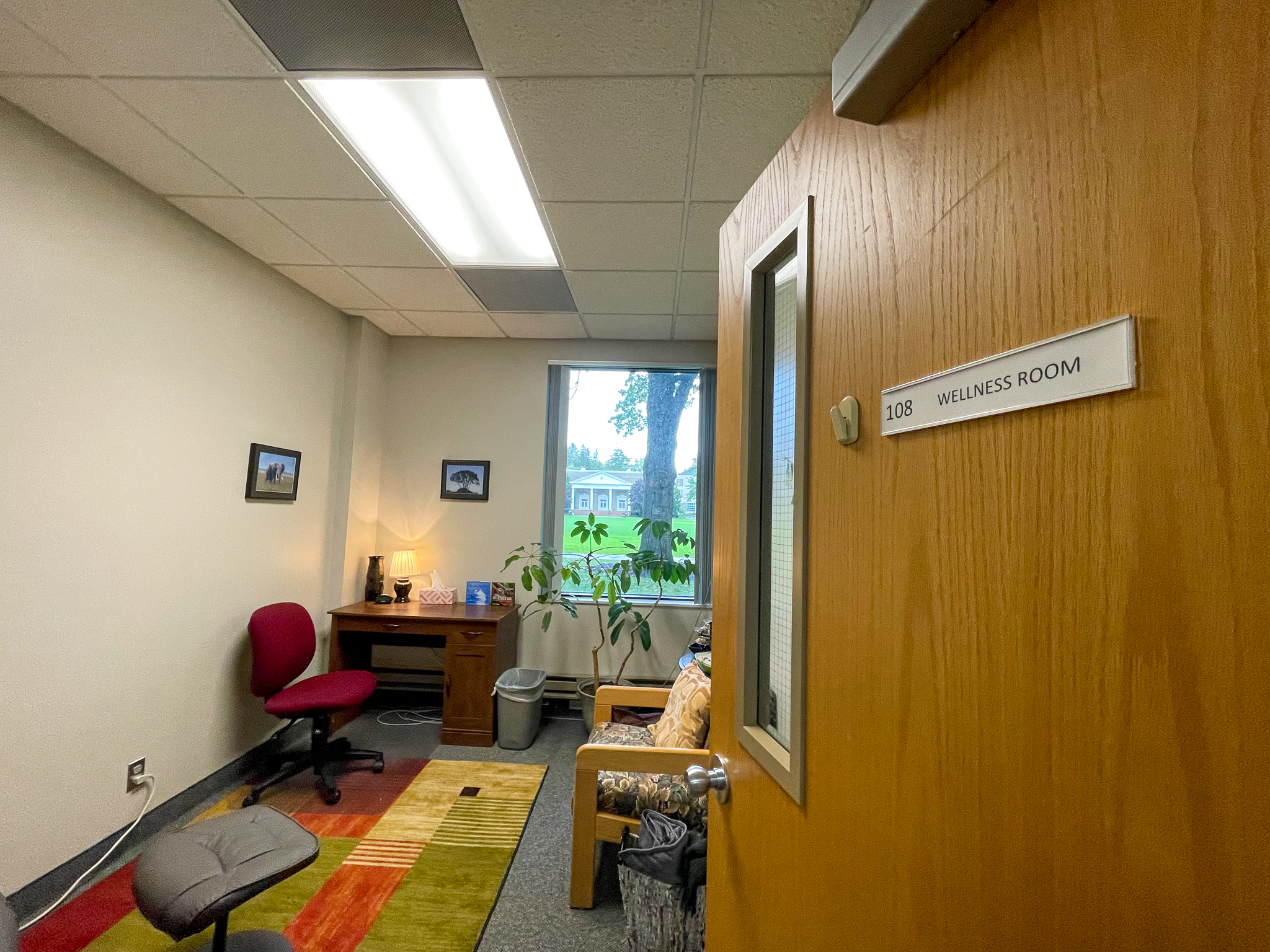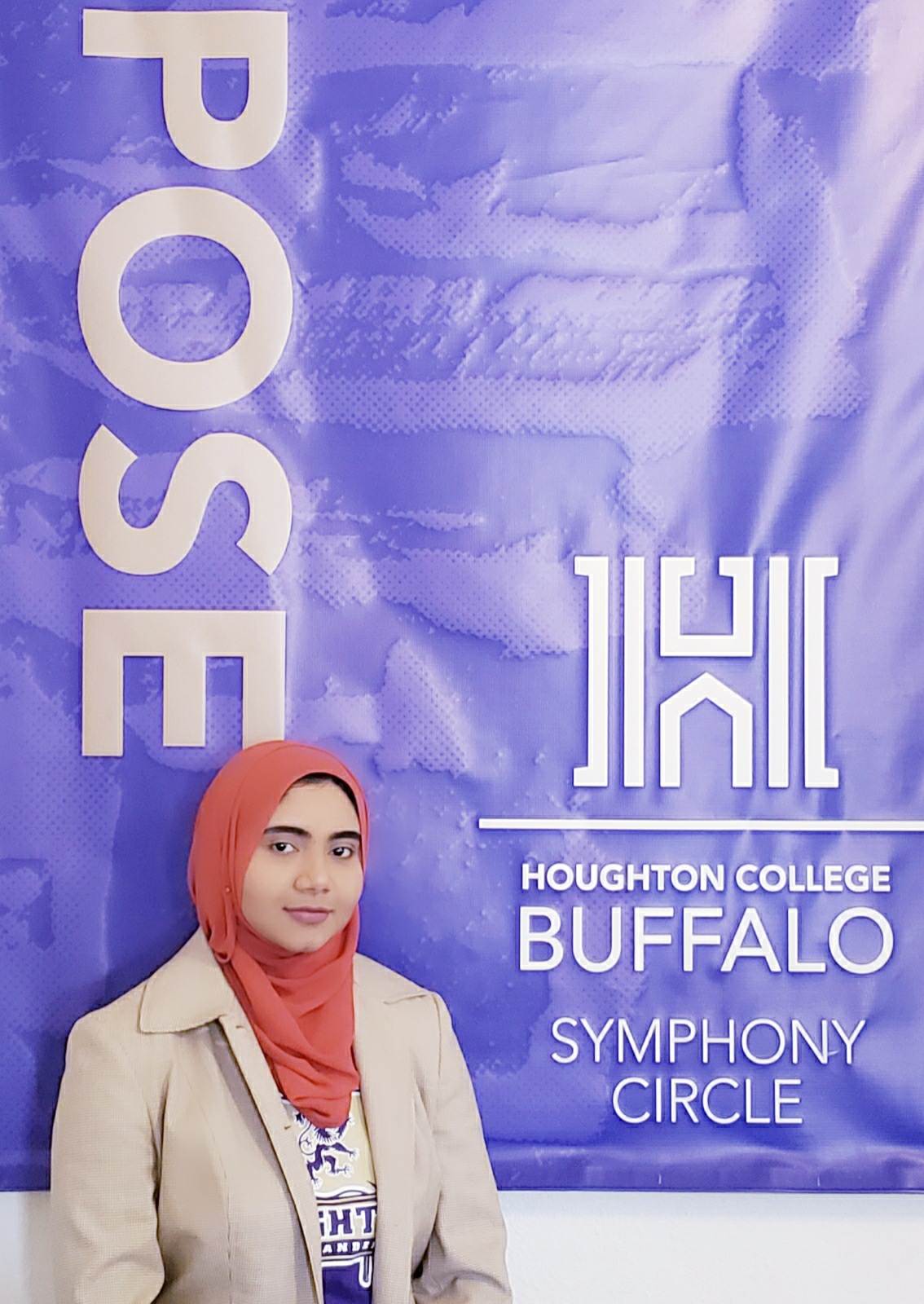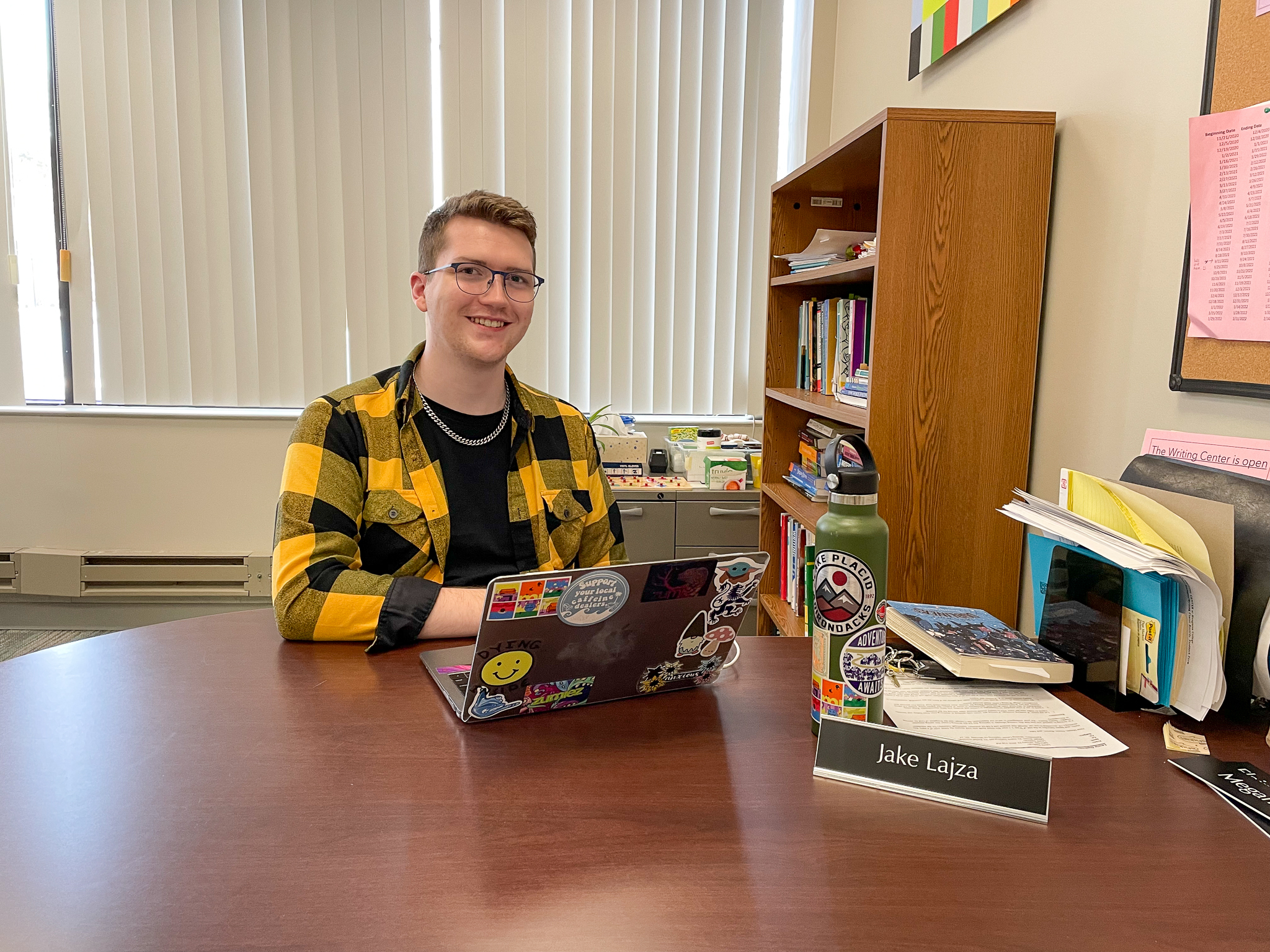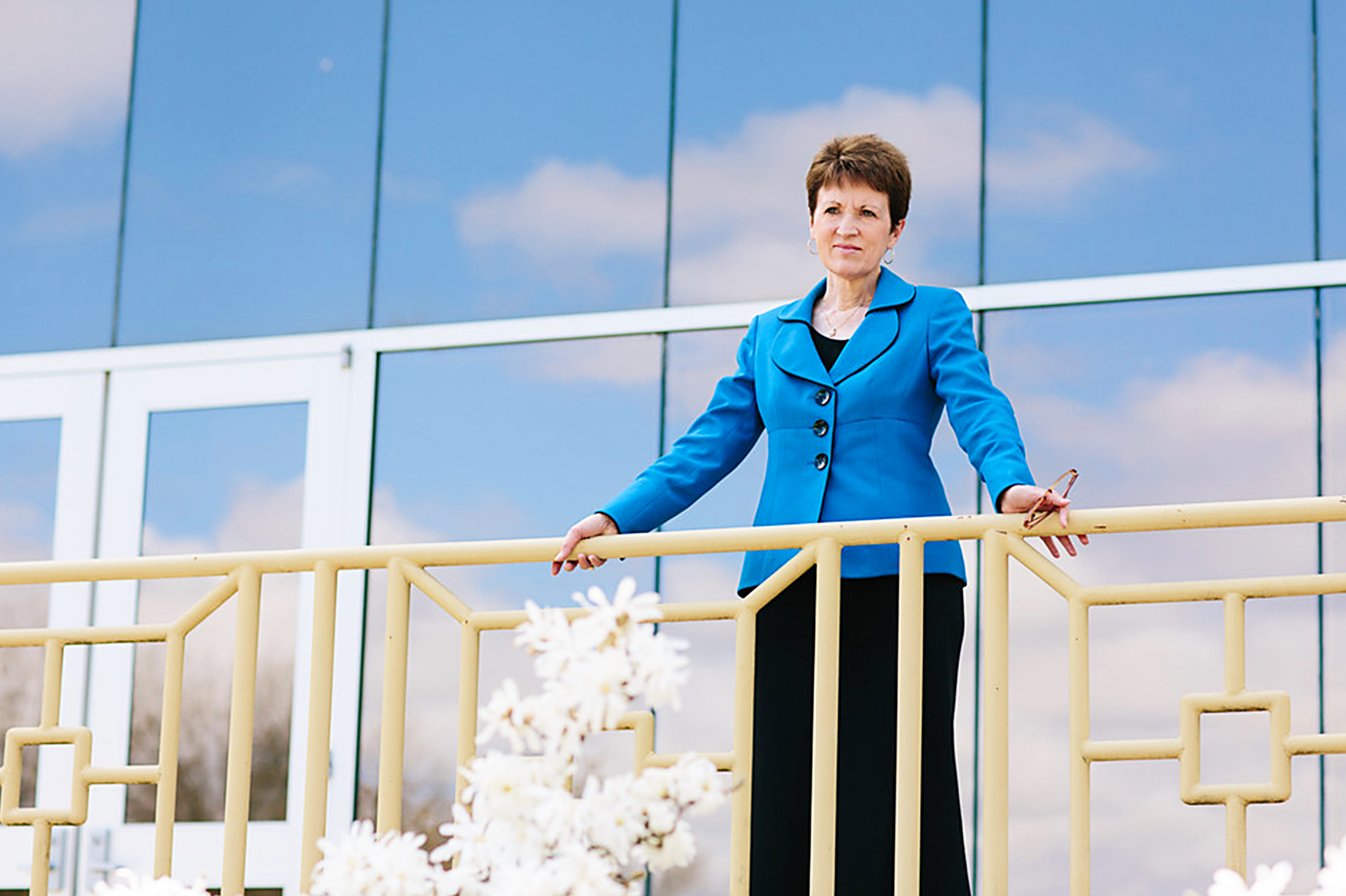Category: Stories In Focus
November 19, 2022
Stories In Focus
Feature: A Little Lyric Theater
By Christian Welker Prior to the recent production of Little Women, the cast and crew of Houghton University’s Lyric Theater were…
October 21, 2022
Stories In Focus
FEATURE: Hispanic Heritage Club
By Victoria Hock One of the many clubs that Houghton offers is the Hispanic Heritage Club, which provides members of…

October 01, 2022
Stories In Focus
New Addition to the Center for Student Success
By Marith Anderson The Center for Student Success (CSS) is introducing a Wellness Room this semester that provides students with…
May 01, 2022
Stories In Focus
Angels in the Architecture
By Rachel Huchthausen The Wind Ensemble presented another exciting concert last Saturday. The program, with the addition of and arrangement…
April 01, 2022
Stories In Focus
Conspiracy: Peanut Butter Expose
By Demetri Court How many varieties of peanut butter does Metz offer? It’s a simple question, I know, but please…

March 19, 2022
Stories In Focus
Feature: Houghton College Buffalo
By Jannatul Noshin Higher education begins with a college that is both financially accessible to all and is a leader…

February 08, 2022
Stories In Focus
FEATURE: The Writing Center
By Jacqueline Johnson One of Houghton’s wonderful academic resources is the Writing Center. Located in the Center for Student Success…
January 30, 2022
Stories In Focus
FEATURE: Student Council
The Student Council is a vital and fundamental part of the student body at Houghton College. They are a collection…
December 03, 2021
Arts, Stories In Focus
FEATURE: Ortlip Gallery Features Husband-and-Wife Artist Duo
By Rylee Archambault (’23) The Ortlip Art Gallery at Houghton is now presenting ‘Side by Side’, a series by Amanda…

March 05, 2021
Stories In Focus
To Choose a President
By Burton Brewster (’23) The search for a new president has been underway since mid-November, but we are still some…
